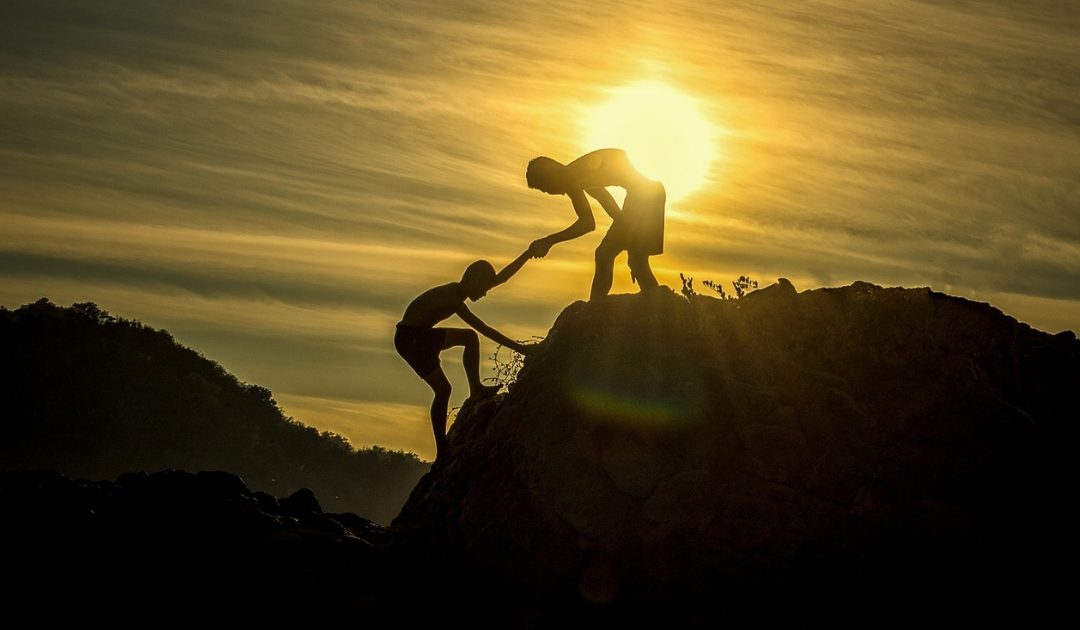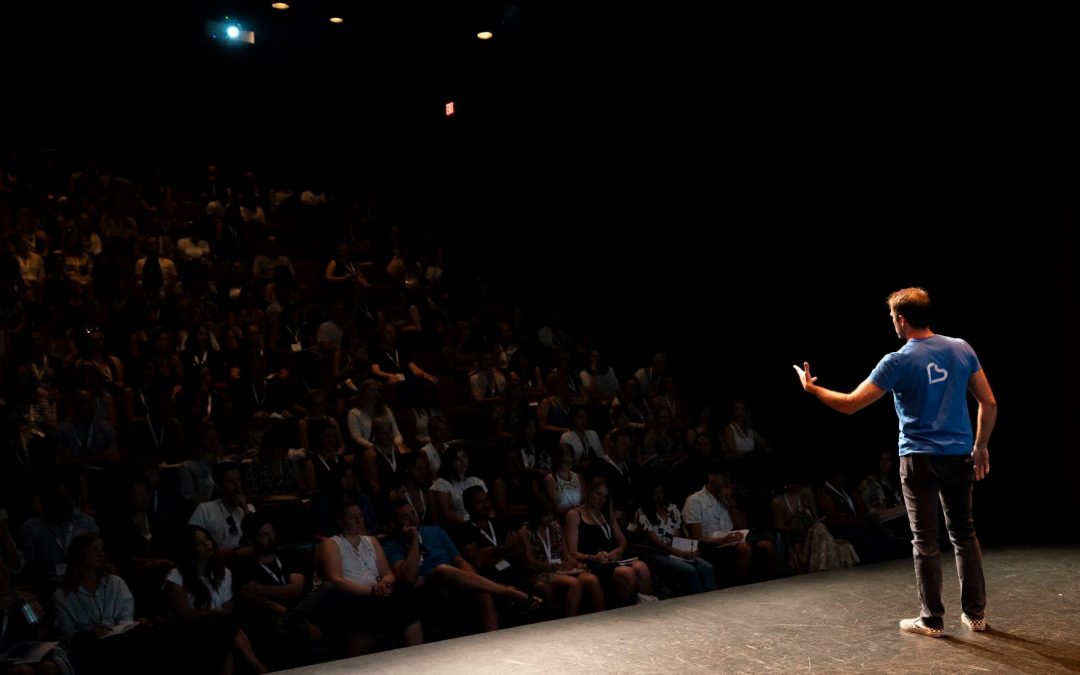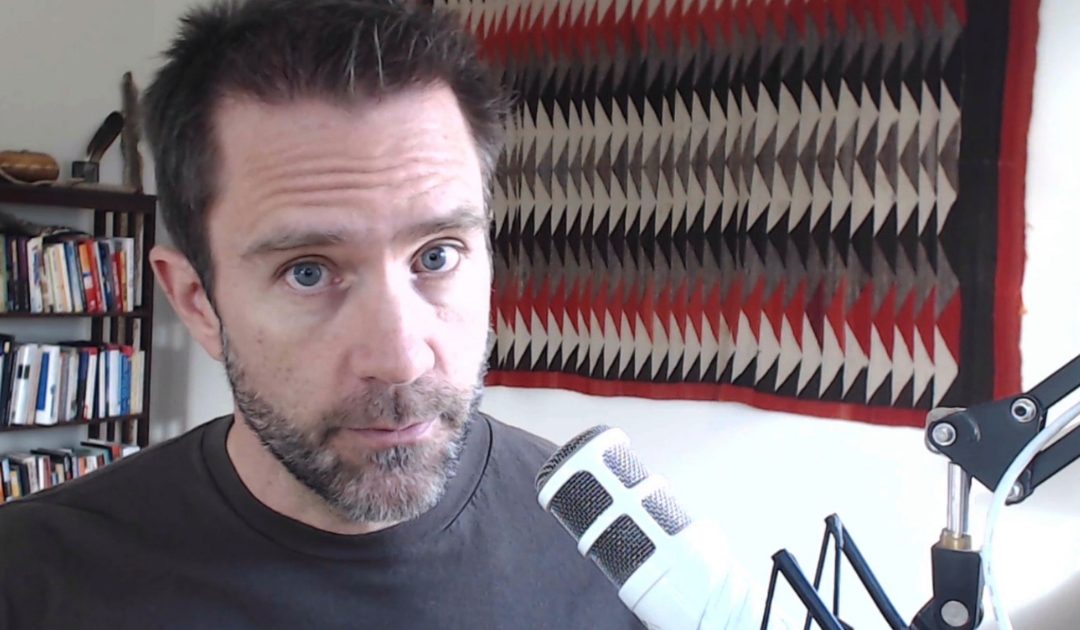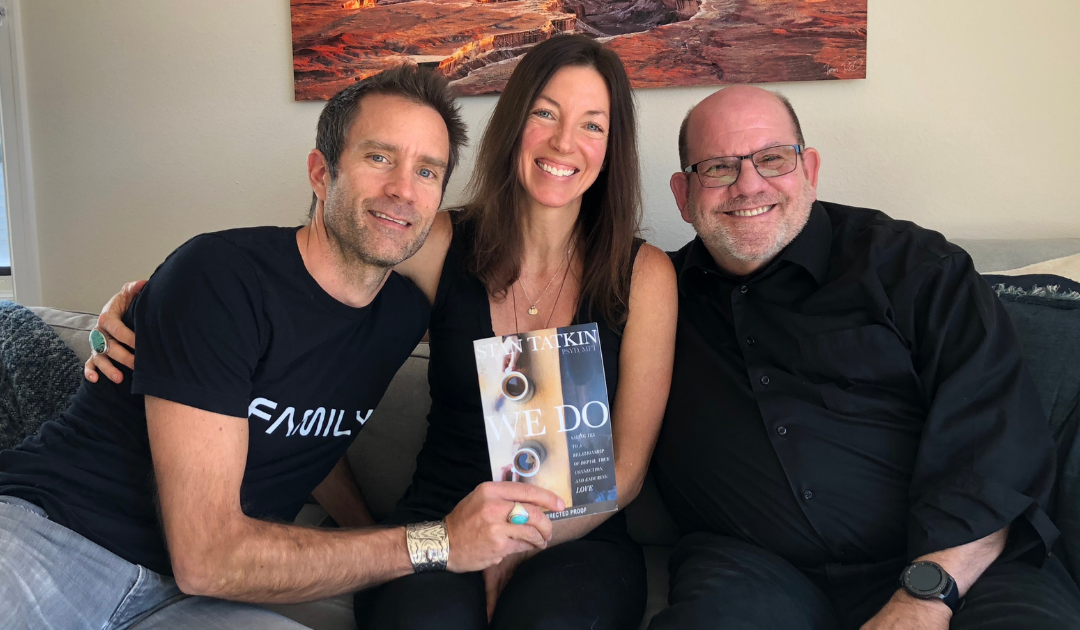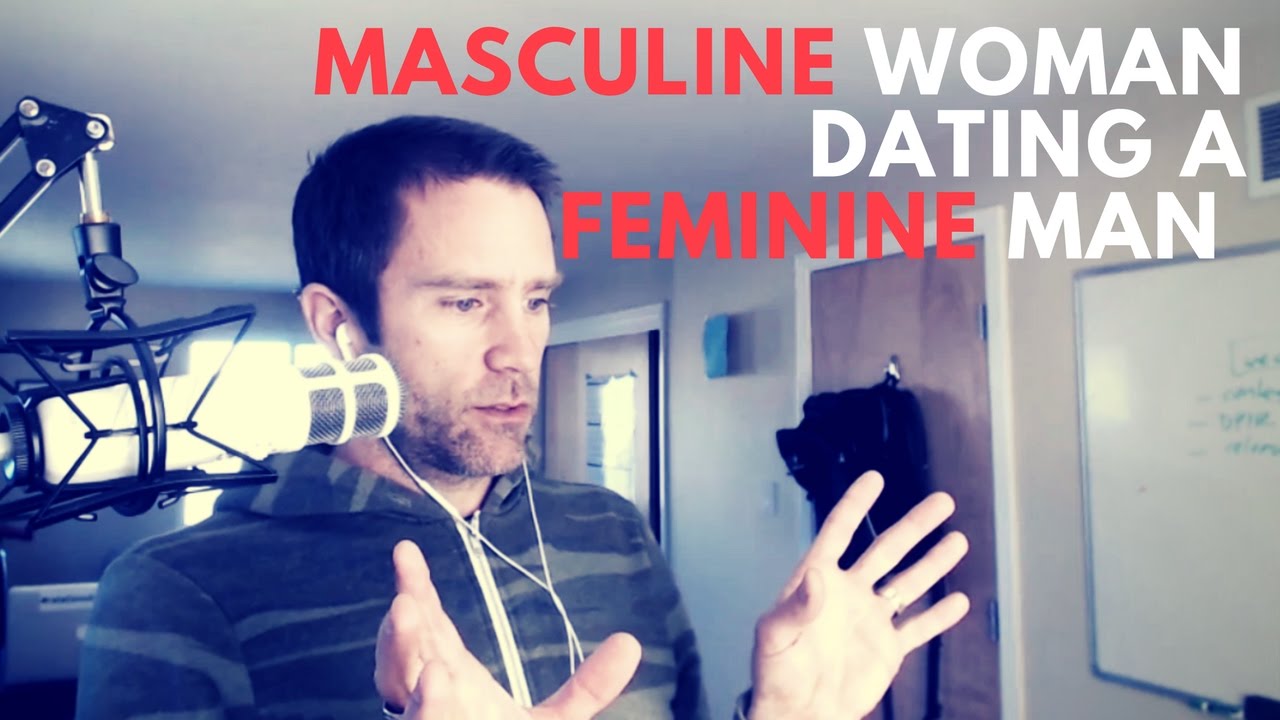How to Overcome Rejection in 2 Steps
Have you ever felt rejected? Like really rejected? Perhaps many times over and over again?!
Do any of these messages sounds familiar to you, “wipe that frown off your face”, “you’re acting like such a crybaby”, “I’ll give you something to cry about”, “oh my god, you’re acting like such a girl right now”, “What a sissy”. Ouch! Very misogynistic right?
These, and countless messages like these, are what I grew up with as a little boy. And, because I valued connection it had me reject a really important part of myself, my sensitivity.
I rejected my sensitivity, which includes my empathy and my emotions, because I wanted you to like me. I wanted my parents to not be mad at me. I didn’t want to get in trouble. I didn’t want to get bullied. I didn’t want to get picked on. I didn’t want to get beat up on the playground.
Can you relate?
Check out my 20 min Talk I did at Mark Grove’s Masters Of The Universe Summit in 2018. Be sure to listen to the very end to get the 2 ways to overcome rejection.
Leave a comment below about what you have learned from your own rejections. Seriously. Go for it. I just laid mine out! And, if you dig deep can you see that you might be rejecting a part of yourself?
Dig this video and hungry for more tools for growth and development? Join us at The Relationship School for our 9-month Deep Psychology of Intimate Relationships (DPIR) Professional Certification Program. DPIR is the only curriculum to teach YOU how to have a lasting, powerful and supportive relationship with your partner, your family, your friends and your colleagues, for life. Learn how to utilize relationships as a path for your growth and development. Find out more info here.
15 Most Common Blocks to Getting What You Want In A Relationship
If you are not in your ideal partnership right now, there’s a reason and it has everything to do with you.
Don’t worry, I’m not blaming you. I’m challenging you to stop making excuses and look squarely into the mirror.
I rejected every good woman I dated for over 10 years. I would find countless reasons why she was the problem. This only served to dig the hole I was already in even deeper.
To have a more successful, fulfilling partnership in 2019, consider the impact of taking more responsibility for your relationships. Not in self-blame, but in personal responsibility, a vital tool we teach here at The Relationship School®.
Read over this short list and notice which of them ring true. Did I miss any? Please write your list below in the comments. But here’s the catch: you CANNOT blame the other person. Deal? “Well, she never.” “He always…” Those don’t work. 2019 is the year you take responsibility, and with that, the year you get to have major breakthroughs.
Here are the 15 most common blocks to getting what you want relationally in 2019:
- Fairytale– You still believe the fairy tale that once you find “the one” everything will be happy and great. Barf.
- Comparison– You compare yourself or them to the fairy tale. Enter shame.
- Entitlement– You don’t think you have anything to learn and you think you or the relationship is “fine.” You are not coachable and haven’t yet take on the role of lifelong student.
- Denial– You keep denying there’s a problem.
- Lack of Understanding- You don’t understand how intimate relationships really work. You never formally learned.
- Hope– You keep hoping your partner will change and you expect them to conform to your values.
- Apathy– You distract and medicate your problems away (facebook, porn, TV, drugs, sugar, pharmies, etc).
- Low Priority – it’s just not important enough to you yet.
- Conflict avoidant– You don’t know how to work out your differences and you rely on childhood methods and approaches. You can’t handle yourself; your own reactivity, hurt feelings, triggers, and upset. You can’t handle your partner; their reactivity, hurt feelings and upset.
- Self Blame– You judge and shame yourself for being where you are at, so it’s hard to motivate to improve when you are collapsed.
- Other Blame– You point the finger and avoid taking responsibility for your part which means you’ll never be able to control the outcome.
- Fear of being alone– You don’t want to be alone so you stay in a mediocre relationship.
- Past pain– You’ve been hurt by people in the past and it’s clouding your belief in what’s possible.
- Deserve issues– You don’t think you deserve it.
- Could you relate to any of these?
These are some common mistakes people make in partnerships.
Chances are you had at least one, but likely more than one, right? What emotion came up? Guilt? Shame? Hurt? Sadness? If it’s true that you connected with one or more from the list above, what are you going to do about it? Because it’s keeping you from the partnership you deserve.
Take the view that a beautiful partnership where you feel met, seen, and understood is in your hands. Yes, I understand it takes two in a partnership. However, I’m challenging you to get honest about where you’re stuck, where you run away, or what you avoid.
If you are tired of repeating painful relationship patterns or getting the same mediocre results, come learn with us in 2019 here at The Relationship School. Here’s a link to the best relationship course in the world, and our application to this 9-month radical relationship breakthrough training.
Stay ashamed or take action and feel better inside. Your choice.
The Painful Reality of Teenage Relationships and Sexuality
Originally published on Elephant Journal here.
A brand new Harvard University study conducted for five years surveyed over 3,000 teens and young adults on the topic of romantic relationships and sexuality.
Richard Weissbourd and The Making Caring Common Project ran the study called “Young People’s Romantic Relationships” and published their findings in “The Talk: How Adults Can Promote Young People’s Healthy Relationships and Prevent Misogyny and Sexual Harassment.
What this bold research project found contradicts what we think we know about teens and offers new hope for one of the most important aspects of our lives—our romantic relationships.
The study confirms what those of us who have worked with teens for years have known, but didn’t have the research to back up.
For more information from Richard on this topic check out the epic podcast I did with him here.
Now, when you think of teens, college kids, and sex, what do you automatically assume?
“Kids these days” are irresponsible, reckless, and oversexualized, hooking up left and right with whomever, wherever.
This is what most adults think about adolescent behavior, especially when it comes to sex.
However, the Harvard study found the opposite to be true. The research found that prevailing assumptions about the teen “hook-up” culture are wrong. Contrary to popular belief, both teens and adults are exaggerating what actually happens in the sex lives of teenagers.
This leads to teens mistakenly comparing themselves to an embellished and exaggerated culture of sex, which perpetuates self-doubt and self-betraying behaviors. They might do something risky out of not wanting to be the odd person out. Or they may beat themselves up for being caring and sensitive, thinking they are the only one who feels this way.
We now know that young people care more than we thought about having respectful and mutual love relationships. In fact, 85 percent of the respondents said they would rather hang with their friends or practice sex in a committed relationship. Cool, right?
Another finding from the study is even more surprising:
They found that 70 percent of teens and young adults actually do want guidance from adults, specifically around love relationships. What?
Yup. Turns out, teens and young adults feel anxious and extremely unprepared for what it takes to have a romantic relationship. According to the study, “70% of the 18 to 25-year-olds who responded to our survey reported wishing they had received more information from their parents about some emotional aspect of a romantic relationship.” Yes, 70 percent! That’s the vast majority of teens, folks!
These two findings alone are monumental.
And what are we doing to deliver? Pretty much nothing. That is the painful truth this study reveals: We are failing kids in the romantic relationship department across the board.
Virtually no one is teaching young people about how to have safe, successful, fulfilling romantic relationships, even though they want it. As the study says:
“For adults to hand over responsibility for educating young people about romantic love—and sex—to popular culture is a dumbfounding abdication of responsibility.”
As a result, young people will grow into adults who really struggle to thrive in a partnership and instead blowout, break up, get divorced, and feel ashamed and incompetent in their romantic relationships. This adds layers and layers of mental and emotional stress into the life of the American adult.
By now, most of us have read the 75-year Harvard study that found the single biggest determinant of life satisfaction over our lifespan is the depth and quality of our relationships. So we know how important this is, yet very little is being done to teach young adults about realistic love relationships or to raise relationally mature adults.
Instead of getting formally taught or trained on how to communicate effectively, how to listen, how to work out differences, and how to not betray yourself and your needs, we allow our society to fill the void and teach our young people, which means whatever they see, hear, and absorb from peer culture, pop culture, and avoidant parents.
Gulp.
No wonder so many of us suck at romantic relationships.
Before we completely bury ourselves in shame and throw in the towel, let’s consider the recommendations the Harvard study proposes in our attempts to reveal the next step.
Here are their first two recommendations:
- “Talk about love and help teens understand the difference between mature love and other forms of intense attraction.”
- “Guide young people in identifying healthy and unhealthy relationships.”
I love it!
Basically, the study’s broad recommendation is for parents to step up and lead here. It makes sense. The study wants to get parents more in the driver’s seat of teaching their kids about realistic, mature, adult love. I love the aspiration and intention. However, we all know there’s a big limitation with this approach, which the study acknowledges here:
“Many parents and educators, to be sure, may not see providing this guidance as their role, may not know how to have these conversations, or may feel hobbled in these conversations because they view themselves as failures in their own romantic relationships—they don’t believe they have wisdom to share.”
And, this is the challenge with the directives. Sadly, as much as parents may want to guide the youth, my guess is that most parents don’t trust themselves in this department. Many parents might be equally lost and confused about love relationships.
Can we really ask parents—who might feel ashamed of their track record or unfulfilled in their relationship life—to teach young adults about love? These same parents also never received a proper education around romantic relationships—which, by the way, are the hardest of all relationships.
Sadly, many parents are out of their league, not because they are bad people or there’s anything wrong with them, but because they never learned either.
So, what’s the big solution?
First, let’s stop assuming teens and young adults are big, scary creatures who don’t want to listen or learn from us adults.
Next, let’s stop abdicating responsibility to the media, peer culture, and society about the most important and resource-rich part of our lives.
And if we have some sh*t to learn in this department? Let’s model being a willing student ourselves, which helps kids feel less ashamed and gives them more permission to take responsibility for this magical part of our lives.
Behind their screens and walls, young people are longing for our help and guidance here. This is wonderful news. All we have to do is our work so that we can provide the guidance, support, and resources that our kids need.
I personally aim to tackle this issue head on, as it’s my life’s work. That’s why I started The Relationship School®
If you feel called to help young people get the relationship guidance they’re longing for, and help change the way the world views relationship, think about becoming a Relationship Coach with us here.
Let’s do this!
________________

